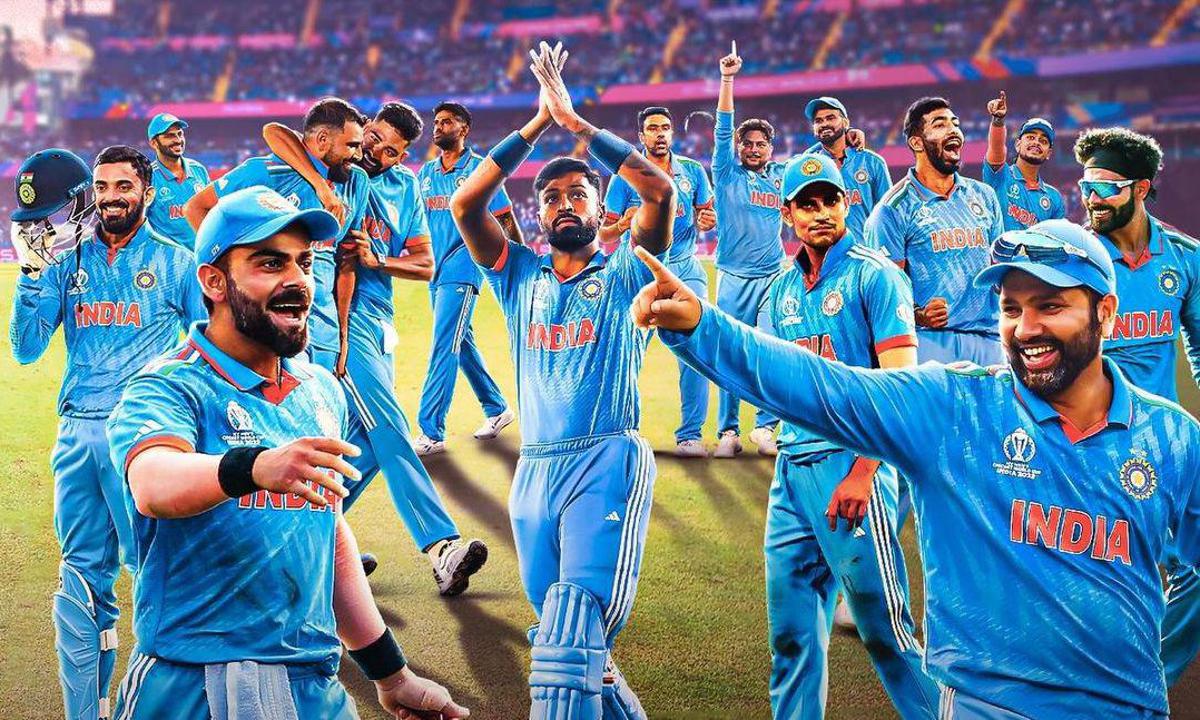The Role of Sports Law in Cricket Leagues: 99exch, Reddy Anna Book, Allpanel
99exch, Reddy Anna Book, All Panel.com, Allpanel: Cricket leagues around the world are governed by a set of key regulations that ensure fair play and maintain the integrity of the sport. These regulations cover various aspects of the game, including player eligibility, match fixing, and disciplinary procedures. Adhering to these regulations is essential for the smooth functioning of cricket leagues and to uphold the values of sportsmanship and fair competition.
Player conduct on and off the field is closely monitored within cricket leagues, with strict measures in place to prevent any breaches of the regulations. From codes of conduct to anti-corruption policies, players are expected to adhere to a high standard of behavior both during matches and in their personal lives. These regulations not only protect the reputation of the players themselves but also safeguard the integrity of the game and uphold the trust of fans and stakeholders.
Player Contracts and Transfers
Negotiating player contracts and transfers is a crucial component of professional cricket leagues. The process involves careful consideration of financial terms, duration of the contract, and performance-based incentives. Clubs and players must adhere to the regulations set forth by the league governing bodies to ensure transparency and fairness during the negotiation process.
Transfers between clubs are subject to specific rules and limitations to prevent unfair advantages and maintain the integrity of the league. Player transfers often involve intricate discussions between the clubs, player representatives, and league officials to ensure that all parties are satisfied with the final agreement. Contract breaches and disputes can result in fines, bans, or other disciplinary actions to uphold the professional standards of cricket leagues.
Anti-Doping Policies in Cricket
Cricket leagues around the world have been actively implementing strict anti-doping policies to ensure fair play and maintain the integrity of the sport. Players are subjected to regular drug testing to detect any prohibited substances in their system. These policies aim to promote a clean and healthy environment for all athletes involved in cricket.
The International Cricket Council (ICC) enforces a comprehensive anti-doping code that outlines the rules and procedures for drug testing in cricket. Players are required to comply with the anti-doping regulations and are responsible for any substances found in their system. Violations of these policies can result in serious consequences, including suspensions and bans from participating in matches.






